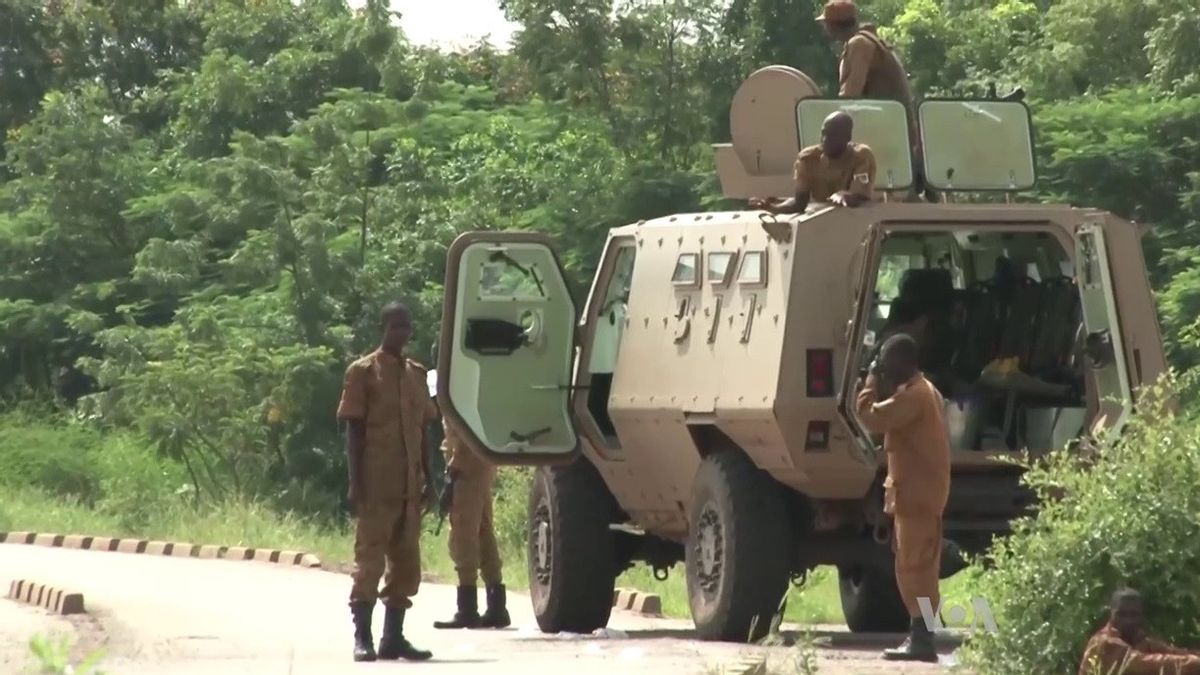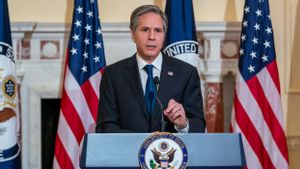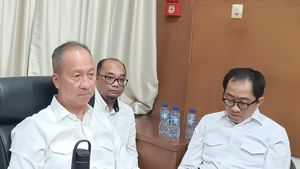JAKARTA - Burkina Faso's new military leader Lieutenant Colonel Paul-Henri Sandaogo Damiba said Thursday the West African nation will return to constitutional order when conditions are right.
It is the first time Lieutenant Colonel Damiba has spoken on national television since leading the uprising that toppled President Roch Marc Kabore on Monday.
"When the conditions are right, in accordance with the deadlines that our people will set in all sovereignty, I am committed to a return to a normal constitutional order," he said.
Dressed in a red beret, army uniform, and flanked by the national flag, Lieutenant Colonel Damiba said he would gather various sections of Burkina Faso society to agree on a roadmap to plan and implement the necessary reforms.
The junta said on Monday after seizing power it would propose a calendar for a return to constitutional order within a reasonable timeframe, but did not elaborate on its plans.
Earlier, officials who called themselves the Patriotic Movement for Protection and Recovery (MPSR), launched an insurgency on Sunday night and ousted President Kabore on Monday, blaming him for failing to contain the worsening violence by religious militants.

Lieutenant Colonel Damiba promised farmers, herders, and people across the West African Sahel nation affected by violence from militants linked to Al Qaeda and the Islamic State, saying he would take back control of the zones. He said security would be a priority.
Lieutenant Colonel Damiba's speech comes ahead of an emergency meeting planned by the 15-member Economic Community of West African States (ECOWAS) on Friday to discuss how to respond to the coup.
ECOWAS imposed sanctions on Burkina Faso's neighbors Mali and Guinea, following military takeovers in August 2020 and September 2021, respectively.
The latest coup in West and Central Africa comes amid an increasingly bloody religious insurgency, killing thousands and displacing millions across the Sahel region, eroding confidence in democratic leaders to fight the problem.
SEE ALSO:
To note, regimes in Mali and Guinea, as well as in the Central African country of Chad, where the military took power in April 2021, have all formed transitional governments with a mix of military officers and civilians.
While the Regimes in Mali and Chad agreed to an 18-month transition to democratic elections, Guinea has yet to set a deadline.
The English, Chinese, Japanese, Arabic, and French versions are automatically generated by the AI. So there may still be inaccuracies in translating, please always see Indonesian as our main language. (system supported by DigitalSiber.id)


















